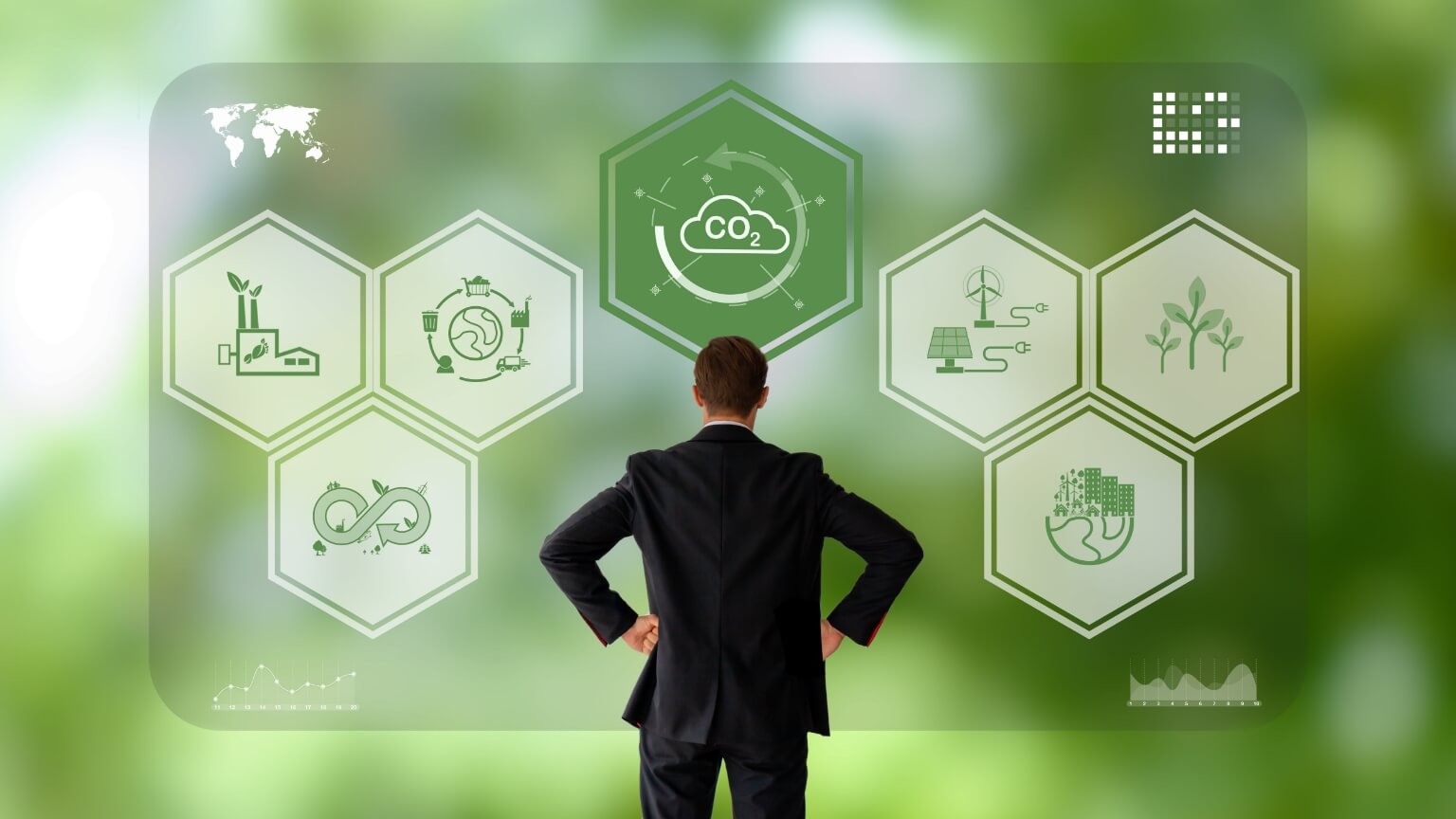UAE’s Journey to Net-Zero Emissions through Sustainability

UAE’s Journey to Net-Zero Emissions through Sustainability
As the UAE continues to experience significant growth and progress, it has also realized the impact of its actions on the environment. With the highest per capita carbon footprint globally, the country has acknowledged the need to prioritize sustainability for the well-being of its citizens and the planet. The UAE has set impressive targets to achieve net-zero emissions by 2050 and reduce greenhouse gas emissions by 23.5% by 2030, demonstrating a deep commitment to the cause.
UAE has already declared 2023 to be the ‘Year of Sustainability’, with a focus on implementing sustainability practices like raising the capacity for renewable energy, enhancing energy efficiency, and lowering waste across multiple industries. It has taken important steps to reduce its carbon footprint and promote sustainability.
One of the most notable initiatives is Masdar City in Abu Dhabi, which has set the goal of being carbon-neutral and zero-waste. This incredible urban development utilizes clean, renewable energy sources like solar and wind power and promotes sustainable transportation options such as electric vehicles and public transit.
It is heavily investing in renewable energy projects, such as the Mohammed bin Rashid Al Maktoum Solar Park, which is one of the largest solar energy projects globally. The country’s target of generating 50% of its electricity from renewable sources by 2050 is ambitious but achievable with the UAE’s continued commitment.
The Dubai Metro, a sustainable transportation option that operates on renewable energy, is yet another example of the UAE’s dedication to sustainability. The government has also implemented several other initiatives to encourage renewable energy, sustainable transportation, and eco-friendly infrastructure, furthering the country’s commitment to a more sustainable future.
The UAE, being a major hub of trade, is taking significant steps towards reducing its carbon footprints in the supply chain industry. To achieve this, they are adopting green logistics practices such as providing efficient routing and scheduling, utilizing green transportation systems, promoting sustainable packaging, and implementing green practices in warehouses. Furthermore, it is also prioritizing supply chain sustainability by managing resources sustainably, reducing the use of hazardous materials, promoting sustainable production methods, and ensuring responsible and ethical sourcing of materials and products. By adopting these measures, the UAE is promoting a more sustainable approach to the production and distribution of goods, while also reducing their environmental impact.
According to the World Economic Forum,” Energy, materials, and mobility, which are the top 3 carbon-emitting industries, can reduce emissions by 4-10% by 2030 with an increased focus on the adoption of digital technologies.” Moglix supports the UAE’s vision to become a carbon-neutral economy by 2050. We have been enabling organizations to digitally transform the procurement supply chain process at a rapid yet sustainable pace.
Contact us to know how we can empower your transformation journey!

